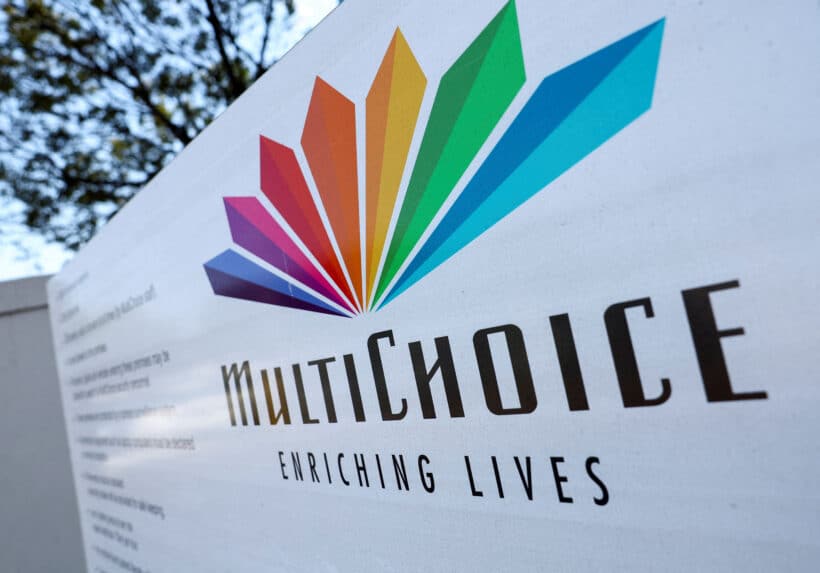
Pan-African broadcaster MultiChoice reported a steeper full-year loss, as it lost subscribers in its key South African and Nigerian markets, and the naira slumped against the dollar.
Tim Jacobs, the Chief Financial Officer of MultiChoice Group, told CNBC Africa a tough customer environment characterized by declining affordability, resulted in a loss of one million subscribers, led by Nigeria and South Africa where numbers dropped by 5 percent and 9 percent respectively. However, efforts to mitigate losses seemed to be showing signs of progress, he said.
South Africa, Multichoice’s biggest market has grappled with power shortages over the past few years, with the economy barely growing in 2023, and unemployment remaining close to a record high. In Nigeria, President Bola Tinubu has devalued the naira twice and cut fuel subsidies, resulting in inflation surging for 16 consecutive months.
“We are seeing customers under significant financial pressure and affordability being a big issue,” Jacobs said. “We actually started the end of last quarter of the previous financial year with load-shedding and significant pressure on the consumer. That flowed into the first half of this year and we saw that kind of overall trend, you know, kind of persist through the year,” Jacobs said.
Amidst the struggles in the traditional television segment, MultiChoice found encouragement in the growth of its streaming service DStv Stream, which witnessed a 139% increase, with 90% of customers being new additions to the platform. Jacobs said this shift towards streaming, primarily among a younger audience, reflects evolving consumer preferences.
Trading in other African markets was no less difficult, with inflation rates soaring to the upper 20s and 30s, he said. The harsh economic conditions have forced consumers to prioritize basic necessities over discretionary expenses like pay television, leading to what Jacobs called a temporary decline in subscriber numbers.
Operationally, earnings were rescued by tough cost-cutting measures, that saved the company R1.9 billion. However this was outdone by foreign exchange losses of R4.5 billion, the bulk of them at R3.5 billion owing to the devaluation of the naira exchange rate.
While acknowledging the traditional television model was under pressure, Jacobs sees solace in the appeal of local content, which constituted 33% of broadcast minutes and garnered 46% of viewership. He acknowledges the global shift towards on-demand content consumption, but argues this will be a gradual transition.
Despite the challenges, sports content continues to be a robust acquisition driver for MultiChoice, with major sporting events bolstering platform engagement. He said the company’s extensive lineup of local and international content will be a key differentiator in a very competitive media landscape.

